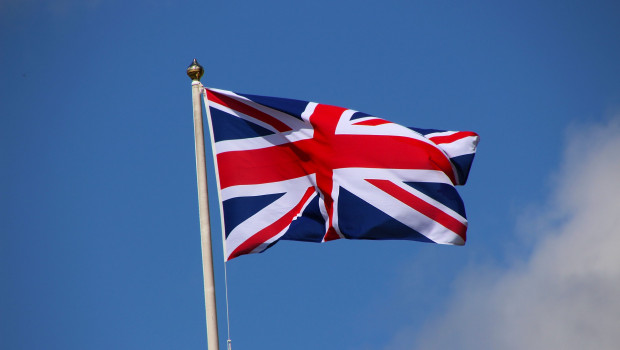UK economy returns to growth - ONS

The UK economy grew faster-than-expected in May, official data showed on Wednesday.
According to the Office for National Statistics, GDP grew by 0.5% in May, following a decline of 0.2% in April, which was revised up from an earlier estimate for a 0.3% fall. Analysts had forecast a rise of just 0.1% for May.
In the three months to May, GDP rose by 0.4%, and by 3.5% in the year to May.
The UK is in the midst of a cost-of-living crisis, with inflation now at a 40-year high of 9.1% Yet despite that, services, production and construction all reported growth during the month.
Services output grew by 0.4%, boosted by strong demand for human health and work activities, which rose 2.1% following a large rise in GP appointments. Output in consumer-facing services eased 0.1%, however, after retail trade fell 0.5%.
Production grew by 0.9%, driven by growth of 1.4% in manufacturing and 0.3% in electricity, gas, steam and air conditioning supply. Construction rose 1.5%, a significant rebound from April’s 0.3% growth.
Gabriella Dickens, senior UK economist at Pantheon Macroeconomics, said: “May’s GDP data have not changed our expectations for a contraction in the second quarter. We estimate that the additional bank holiday for the Queen’s Jubilee, which will be treated as a special event by the ONS and thus will depress the seasonally adjusted data, will cause GDP to fall by around 1.5% month-to-month in June.
“In addition, weak consumer confidence suggests that people probably didn’t borrow enough, or cut their savings by enough, to maintain their real spending while their real incomes dropped.
“Nevertheless, a recession remains unlikely.”
Danni Hewson, financial analyst at AJ Bell, said: “These figures represent just one month – albeit a crucial one, because it means the quarter as a whole doesn’t met the criteria for negative growth – but one month can never tell the whole story.
“There are headwinds that are impossible to ignore. Retailers, hospitality venues, gyms, museums and children’s play centres are all feeling the weight of high inflation. Households are strategically cutting back on their spending, which is a particular blow to the consumer services which still haven’t been able to get anywhere near their pre-pandemic glory days.”
Martin Beck, chief economic advisor to the EY Item Club, said: “In many respects, the economy will still feel recessionary, with consumers facing a significant and prolonged fall in real incomes, while unemployment is likely to tick up. Recent increases in gas and electricity pries point to an even larger rise in the energy price cap in October. Consequently the EY Item Club now thinks CPI inflation could peak at around 11% this autumn.”